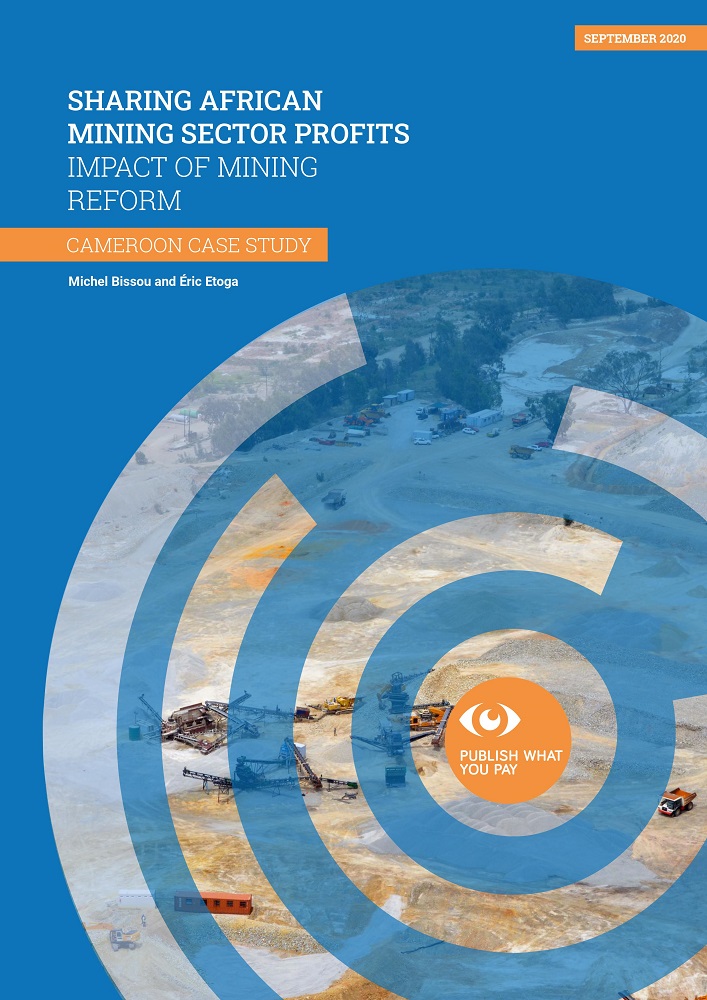Sharing African mining sector profits impact of mining reform
The purpose of this case study is to share the work carried out by the PWYP coalition in Cameroon, as well as its member organisations, on the issue of profit sharing in the mining sector over the last decade. For each of the actions taken, a reminder of the context and therefore the reasons behind the involvement of various civil society organisations (CSOs) will be provided.
This case study covers: (1) the purpose of action taken, (2) its implementation, (3) the impact and results achieved and, finally, (4) lessons learned. It is important to keep in mind when reading this study that both the PWYP coalition in Cameroon and its member CSOs have been running advocacy campaigns on sub-national transfers for some time now, including before the adoption of law 2010/017 of 14 December 2016 on the Republic of Cameroon’s mining code, which is now in force, and that they will continue to do so. The fact that the adoption of the mining code is seen as a pivotal moment stems from the fact that any reform or improvement to normative frameworks is generally perceived as one of the main objectives of any advocacy work.
As such, the adoption of the code means it is now possible to: (i) report on the work of civil society with a view to improving the legal framework governing the mining sector; (ii) evaluate the involvement of CSOs in the process of reforming the code whilst assessing their capacities to defend their proposals; and, finally, (iii) monitor and evaluate the implementation of the provisions of the new law in order to find out whether it really makes it possible to achieve desired goals, in this case, the allocation of profits from mining resources to local development and to improving the living conditions of the populations affected.











